Beau Serge, Le (1958)
“Francois, listen to me – you’ve got to do something. Help me!”
|
Synopsis: |
|
Genres, Themes, Actors, and Directors:
Review: In characteristic New Wave style, the narrative in Le Beau Serge is rather loose, with more of an emphasis on characters, setting, and philosophical contemplation than straightforward action. While it’s never made clear exactly why Francois is so determined to “save” his friend, it’s hinted that he may be driven by a sentiment of “there but for the grace of God…” — indeed, rural life in the film is depicted as narrow and limited, with sexy Marie (Lafont) channeling all her energy into the pursuit of men, and Serge giving up his dream of an architecture career for life as a husband and truck driver. Does Chabrol intend for us to pity the lives of these “simple” characters? It’s hard to tell, but the film’s baroquely allegorical ending — which posits Francois as a sort of Christian martyr — seems to label the townsfolk as somehow needing salvation. Despite its narrative flaws and ambiguities, however, Le Beau Serge remains an oddly compelling character study, one which clearly demonstrates Chabrol’s passion, talent, and dedication to the craft of filmmaking. Note: Chabrol returned to the theme of country-versus-city in his next film, Les Cousins (1959), in which country-boy Blain comes to stay with his more urbane — and infinitely less sympathetic — cousin (Brialy) in Paris. Redeeming Qualities and Moments:
Must See? Categories
Links: |
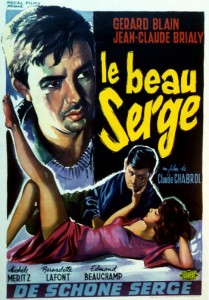
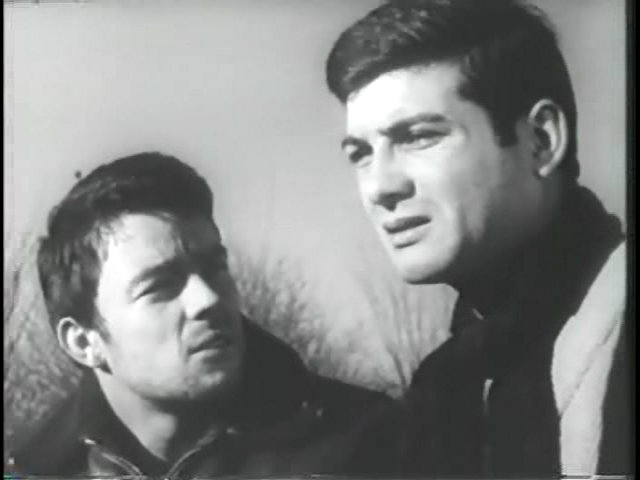
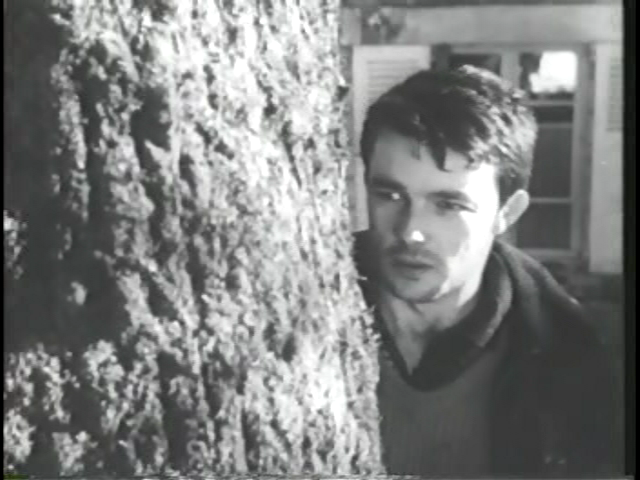
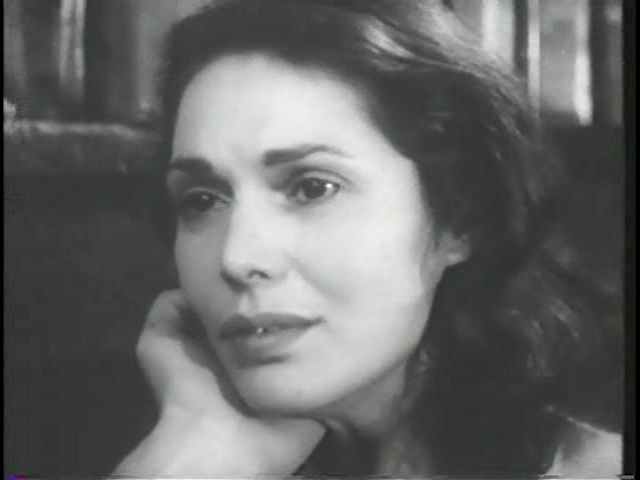

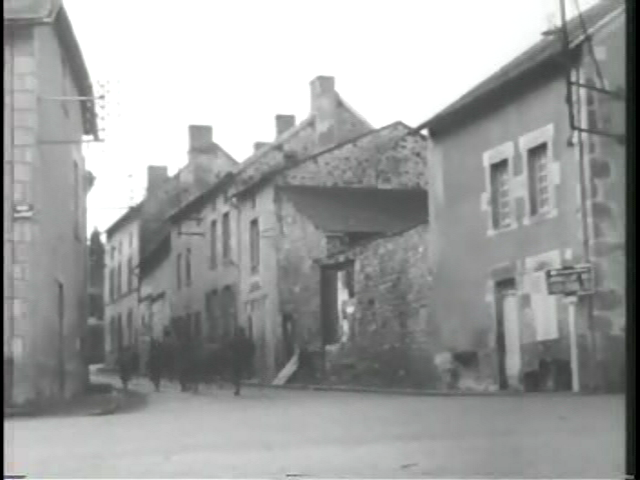
One thought on “Beau Serge, Le (1958)”
A must. Not only for its historical importance, I feel. Since this debut in 1958, Chabrol has tirelessly made film after film, often two a year; while a number of them are quite good (he has also been quite bad – ‘The Champagne Murders’!), for me this remains his most powerful.
It’s an often-wistful story (its melancholy is pointed up in numerous non-verbal scenes of people walking or the camera panning the countryside). As well, it’s a film of very messy emotions and unexplained duplicity. I like the fact that, though certain things are explained peripherally –
Brialy: You’re just like animals. You have no purpose in life.
Blain: You’re right. Where could we find one?
Meritz: He’s hurt me so many times. Why is he like this, Francois?
Brialy: Because he’s suffering himself.
– enough is left for audiences to fill in blanks and bring their own history of friendships to the film. Who hasn’t had a friend who draws you close yet can be inexplicably difficult?
(In some ways, this story reminds me of Natsume Soseki’s novel ‘Kokoro’ – which, in 1955, was made into a stunning film by Kon Ichikawa; still, I believe, unreleased in America.)
Though, in Chabrol’s next film, Blain and Brialy would switch good boy/bad boy roles – and though that made a certain sense physically – I find them more convincing in their roles in ‘Le Beau Serge’.